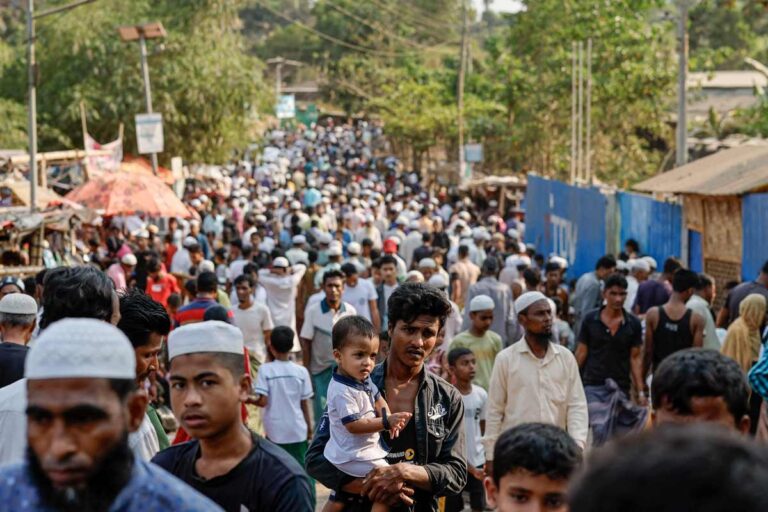Introduction
The Rohingya people in Cox’s Bazar face unparalleled challenges as the world’s largest refugee camp grapples with dwindling resources. This situation underscores the dire need for ongoing humanitarian support. The story of resilience among the Rohingya continues to unfold amid these trying circumstances.
The Current Challenges
With the international community’s focus shifting, aid to the Rohingya community has seen a significant decline. Many humanitarian organizations are suspending their services due to funding shortages. As a result, the most vulnerable populations are now staring down increased hardships.
Food Insecurity
Food insecurity has escalated drastically in the camps, affecting the daily lives of thousands. The lack of sufficient food supplies poses a serious threat to health and nutrition. Cultivating self-reliance has become increasingly important to combat this crisis.
Health Services
Access to health services is another critical concern for the Rohingya in Cox’s Bazar, with clinics and medical facilities overwhelmed and underfunded. Inadequate healthcare has led to an uptick in preventable diseases. Health outcomes for refugees are worsening as aid decreases.
Resilience and Adaptation
Despite the overwhelming challenges, the Rohingya community demonstrates remarkable resilience and adaptability. Many have come together to form support networks that foster mutual aid and community solidarity. This grassroots approach not only enhances social cohesion but also promotes coping mechanisms.
Community Initiatives
Community initiatives aimed at self-sufficiency are gaining momentum within the camps. Programs focusing on skills training and economic empowerment are helping to alleviate the immediate pressures of aid dependency. These initiatives help create a foundation for long-term stability.
Conclusion and Call to Action
The plight of the Rohingya amidst shrinking aid requires urgent attention from the global community. As the situation continues to deteriorate, it is vital to renew commitments to support the Rohingya people. To learn more about their resilience and ongoing challenges, visit the detailed report at CARE.org.

